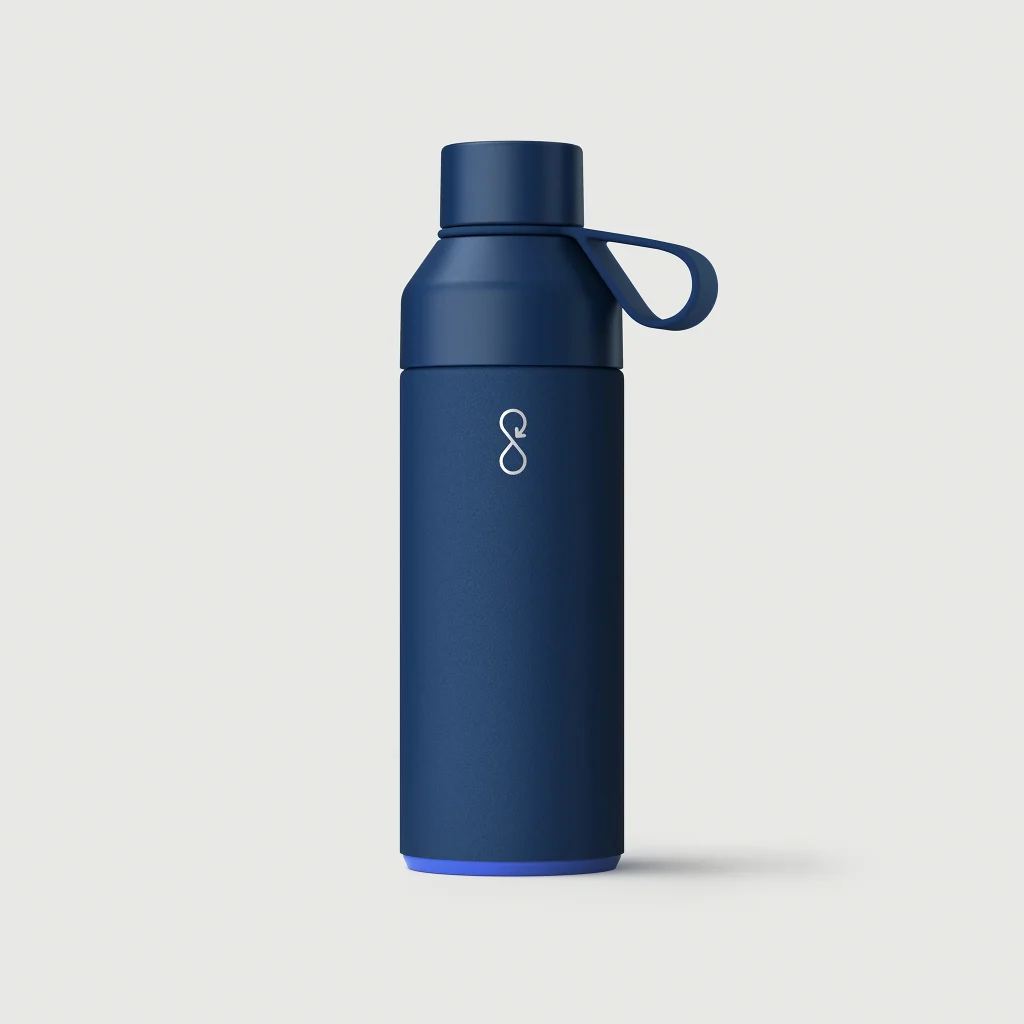In the growing market for reusable water bottles, maintaining consistent quality is paramount for wholesalers aiming to build a reputable brand and foster customer loyalty. As consumers become increasingly conscious of sustainability and health, the demand for high-quality, durable, and safe water bottles continues to rise. This article explores the key strategies and best practices that wholesalers can implement to ensure consistent quality in reusable water bottles, from sourcing materials to final delivery.
1. Understanding Quality in Reusable Water Bottles
1.1. Defining Quality
Quality in reusable water bottles encompasses several factors, including:
Material Safety: The materials used should be non-toxic, BPA-free, and safe for food and beverage contact.
Durability: BPA-free water bottles should withstand daily use, resist breakage, and maintain their integrity over time.
Functionality: Features such as leak-proof designs, ease of cleaning, and insulation capabilities contribute to the overall quality.
Aesthetic Appeal: Design, color, and branding also play a role in perceived quality.
1.2. Importance of Consistent Quality
Consistent quality is essential for several reasons:
Customer Satisfaction: High-quality products lead to satisfied customers, which can result in repeat business and positive word-of-mouth.
Brand Reputation: Consistency in quality helps build a strong brand reputation, making it easier to attract new customers.
Regulatory Compliance: Adhering to quality standards ensures compliance with health and safety regulations, reducing the risk of legal issues.
2. Sourcing High-Quality Materials 2.1. Selecting Reliable Suppliers
The quality of reusable water bottles begins with the materials used. Wholesalers should:
Research Suppliers: Conduct thorough research to identify suppliers with a proven track record of providing high-quality materials.
Request Certifications: Ensure that suppliers provide certifications for their materials, such as FDA approval for food-grade plastics or stainless steel.
2.2. Evaluating Material Options
Different materials have varying qualities and characteristics. Common materials for reusable water bottles include:
Stainless Steel: Known for its durability and resistance to corrosion, stainless steel is a popular choice for high-quality bottles.
BPA-Free Plastic: Lightweight and versatile, BPA-free plastics are safe for food contact and can be molded into various designs.
Glass: While heavier and more fragile, glass bottles are non-toxic and do not leach chemicals, making them a premium option.
2.3. Conducting Material Testing
Before committing to a supplier, wholesalers should conduct material testing to ensure that the materials meet safety and quality standards. This may include:
Chemical Testing: Testing for harmful substances or contaminants.
Durability Testing: Assessing the material’s resistance to impact, temperature changes, and wear.
3. Implementing Quality Control Processes
3.1. Establishing Quality Standards
Wholesalers should define clear quality standards for their products, including specifications for materials, design, and performance. These standards should be communicated to all stakeholders, including suppliers and manufacturers.
3.2. Conducting Inspections
Regular inspections throughout the manufacturing process are crucial for maintaining quality. Wholesalers should:
Perform In-Process Inspections: Monitor production at various stages to identify and address any quality issues early.
Conduct Final Inspections: Before shipping, conduct thorough inspections of finished products to ensure they meet established quality standards.
3.3. Implementing Quality Assurance Programs
Quality assurance (QA) programs help ensure that products consistently meet quality standards. Key components of a QA program include:
Standard Operating Procedures (SOPs): Develop SOPs for manufacturing processes, inspections, and testing.
Training: Provide training for employees and suppliers on quality standards and procedures.
4. Collaborating with Manufacturers 4.1. Building Strong Relationships
Establishing strong relationships with manufacturers is essential for ensuring consistent quality. Wholesalers should:
Communicate Expectations: Clearly communicate quality expectations and standards to manufacturers.
Foster Collaboration: Work collaboratively with manufacturers to address any quality issues and implement improvements.
4.2. Conducting Factory Audits
Regular factory audits can help wholesalers assess the manufacturing processes and quality control measures in place. During audits, wholesalers should:
Evaluate Production Processes: Assess the efficiency and effectiveness of manufacturing processes.
Review Quality Control Measures: Ensure that manufacturers have robust quality control measures in place.
5. Monitoring and Feedback
5.1. Gathering Customer Feedback
Customer feedback is invaluable for identifying quality issues and areas for improvement. Wholesalers should:
Encourage Reviews: Encourage customers to leave reviews and provide feedback on their experiences with the products.
Conduct Surveys: Use surveys to gather insights on customer satisfaction and perceptions of product quality.
5.2. Analyzing Returns and Complaints
Monitoring product returns and customer complaints can provide critical insights into quality issues. Wholesalers should:
Track Return Reasons: Analyze the reasons for product returns to identify patterns or recurring issues.
Implement Corrective Actions: Use the information gathered to implement corrective actions and prevent future quality problems.
6. Continuous Improvement
6.1. Adopting a Quality Improvement Culture
Creating a culture of continuous improvement within the organization can lead to sustained quality enhancements. Wholesalers should:
Encourage Innovation: Foster an environment where employees are encouraged to suggest improvements in processes and products.
Regular Training: Provide ongoing training and development opportunities for staff to stay updated on best practices in quality management.
6.2. Benchmarking Against Industry Standards
Wholesalers should regularly benchmark their quality standards against industry best practices and competitors. This can help identify areas for improvement and ensure that the business remains competitive in the market.
7. Conclusion
Ensuring consistent quality in reusable water bottles is essential for wholesalers looking to build a strong brand and maintain customer loyalty. By focusing on sourcing high-quality materials, implementing robust quality control processes, collaborating effectively with manufacturers, and continuously monitoring and improving quality, wholesalers can position themselves as leaders in the reusable water bottle market. In an era where consumers prioritize sustainability and health, delivering high-quality products is not just a competitive advantage; it is a necessity for long-term success.

